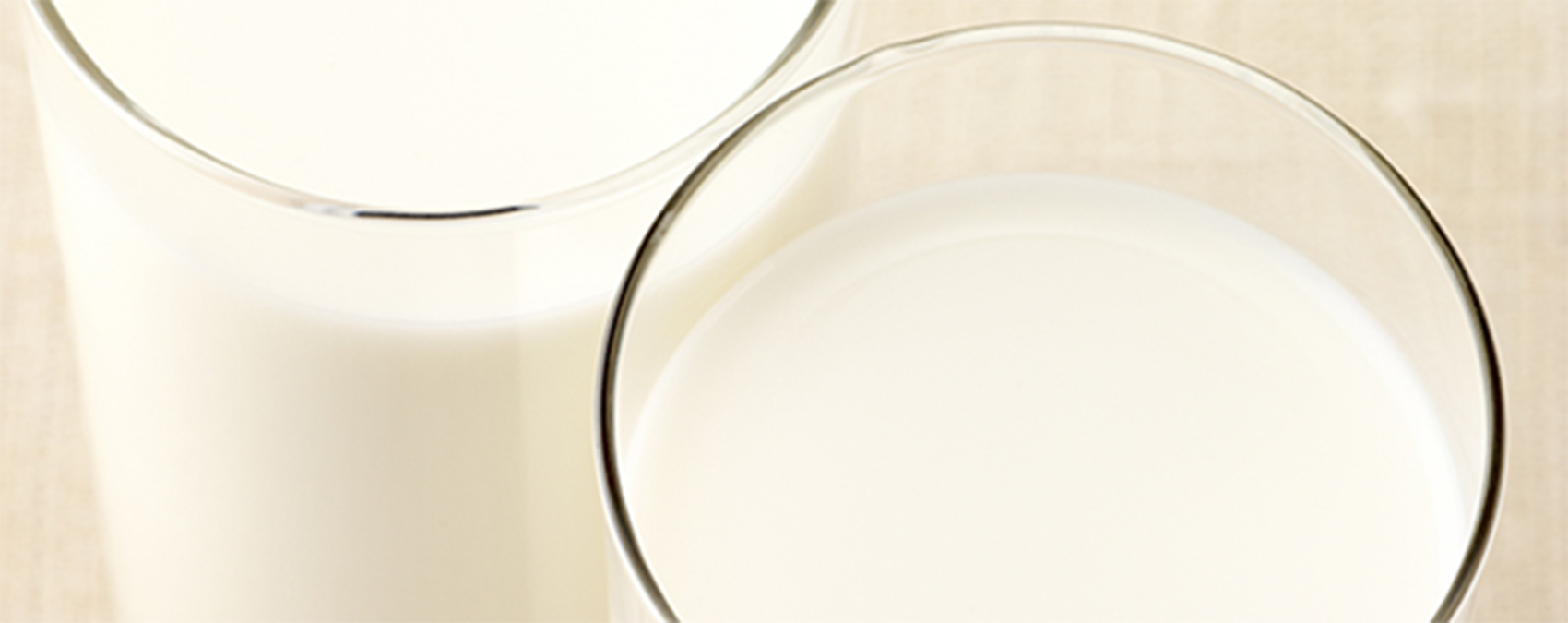Milk and meat to be grown in petri dishes
Can you produce milk without a cow – or meat without animals? Researchers from Aarhus University will investigate this in a new research project that will pave the way for a more sustainable food production.

The future of meat and milk production must both respond to rising global demand and take into account the climate and the environment. In the CleanPro project, researchers from Aarhus University will investigate whether growing milk and meat in laboratories may be part of the solution.
Researchers from the Department of Food, the Department of Animal Science, the Department of Agroecology, the Department of Clinical Medicine and Aarhus University School of Engineering are participating in the project.
Huge potential
Margrethe Therkildsen, Associate Professor at the Department of Food and project manager for CleanPro, does not doubt that there are great opportunities in the project:
- There is a huge potential in producing food of animal origin in a laboratory. CleanPro is taking a step towards fulfilling this potential. The project will establish and test cell cultures for the production of meat and milk, test the quality, and it will develop life-cycle models that will be used to assess the effects of products on the climate and the environment at a future scaling up of the production, she says and adds:
- Not only is the energy and resource consumption just a fraction of what the traditional production uses, but the production method also allows the “design” of milk and meat with a possible better nutritional composition. In addition, production-related health risks can be avoided, and the entire animal welfare debate becomes superfluous when our milk and meat have been created in a bioreactor instead of a stable and a slaughterhouse, says Margrethe Therkildsen.
CleanPro consists of two sub-projects, CleanMilk and CleanMeat, which will run until July 2022.
Milk without a cow
AU researchers are the first in the world to try to grow milk in a laboratory environment using the mammary cells from cows. This is accomplished within the framework of the CleanMilk project.
- We believe that we can create a product, based on mammary cells, that is identical to cow’s milk, i.e. with the same composition of milk proteins, fat and bioactive components. We hope that this can bring us closer to being able to produce milk products that are both competitive and climate-friendly, says Stig Purup, Senior Researcher at the Department of Animal Science and head of the work package.
To extract the mammary cells, two methods will be tested: They must either be taken directly from the udder of slaughtered dairy cattle or purified from milk from cows. The cells will then be grown in a laboratory to study their life and ability to secrete milk.
- At first, we will try to get the mammary cells to produce milk. Then we can begin the work of analyzing the milk and examining its functionality. Many unanswered questions remain in this area that we look forward to clarify within this project.
Meat without animals
In the CleanMeat project, researchers from Aarhus University are addressing the challenge of growing meat from muscle cells sampled from cattle at slaughter. Many aspects need to be clarified in this regard:
- In the project, we will investigate the importance of the age of the animals from which we isolate muscle cells. It is interesting to find out if you can use cells from cows that have to be slaughtered anyway, says Margrethe Therkildsen and continues:
- We will work on the method of growing cells in three dimensions, i.e. using 3D printing. Besides, the task is to develop the media and nutrients needed to grow muscle cells to make them as sustainable as possible. Finally, we will examine whether the product has the same composition and functionality as conventionally produced meat.
In the USA, the Netherlands and Israel, among others, some companies are working to put laboratory meat into production, while a lot of research still needs to be done here in Denmark to be able to do the same. CleanMeat will be the first step for a Danish production that focuses not only on production but also on quality.
Contact
Associate Professor Margrethe Therkildsen
Department of Food Science
E-mail: margrethe.therkildsen@food.au.dk
Phone: +45 22167975
Senior Researcher Stig Purup
Department of Animal Science
E-mail: stig.purup@anis.au.dk
Phone: +45 29345955
CleanPro is financed by i.e. the Danish Ministry of Environment and Food under the Climate Research Initiative in Agriculture. A total of DKK 4.7 million has been allocated to the project. Aarhus University co-finances the project with an amount of DKK 1.4 million.
